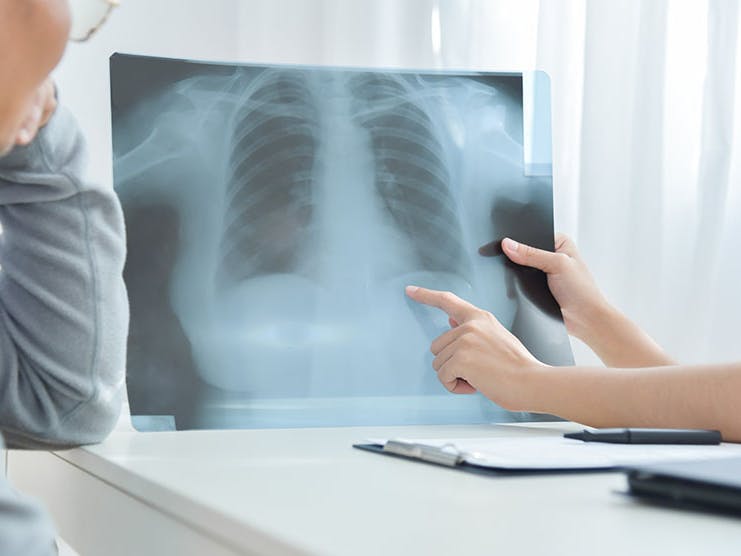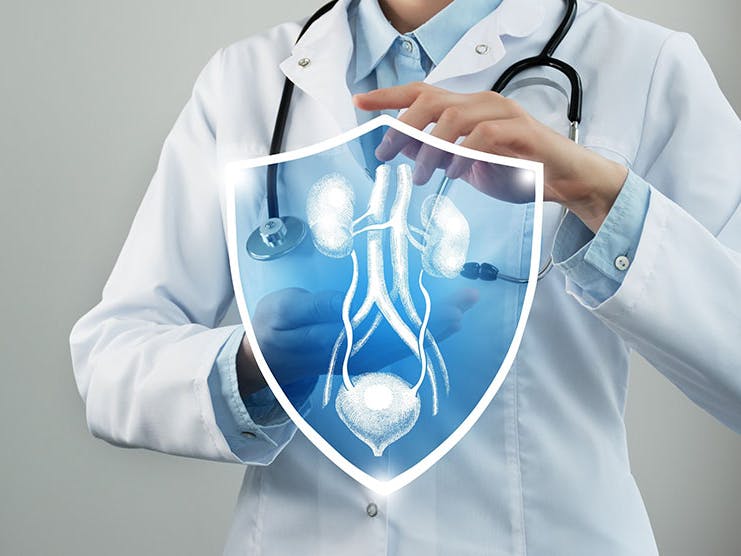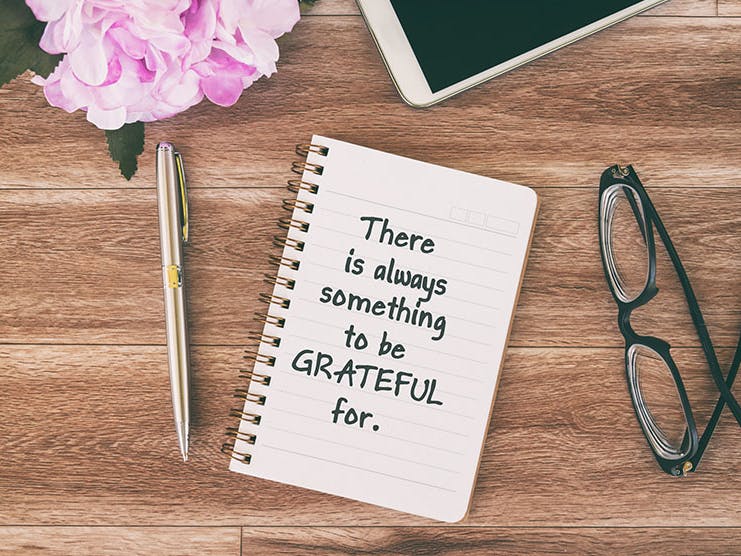
New guidelines suggest that a glass a day may not be as beneficial as we once thought. Here’s what you need to know.
Experts once extolled the health benefits of drinking alcohol in moderation. A single glass of beer or a cocktail could be good for your heart, they said. It might reduce your blood pressure. Wine, specifically, is part of the Mediterranean diet — rated the best overall diet by U.S. News & World Report for four years running.
That’s why so many of us haven’t thought twice about kicking back with a drink after work. But it’s probably time that we reconsider.
After reviewing research on alcohol and health, the American Heart Association’s new guidelines for heart health, released in November 2021, paint a different story. The guidelines state: “If you do not drink alcohol, do not start; if you choose to drink alcohol, limit intake.”
So, does that mean you should never drink alcohol again? Here’s what you need to know.
Why the mixed message on alcohol?
Alcohol research is hard to do well. You can't just ask one random group of people to drink every day while giving a second group non-alcoholic beers for comparison.
So instead, much of the research on alcohol looks at associations. Researchers basically just ask people how much they drink. Then they follow the respondents for several years and watch how their health shapes up.
Experts are pretty good at controlling for other factors that could influence health, such as the respondents’ income or how much fast food they eat. But it’s not a perfect science. So while lots of moderate drinkers are healthy, no study been able to establish with confidence that if you drink, you will be healthier. In other words, they haven’t established a cause-and-effect relationship.
That helps explain how contradictory research could emerge. And indeed, it has. A 2021 study published in the The American Journal of Cardiology found that regular imbibing may actually increase the risk of high blood pressure. People who drank moderately (7 to 13 drinks per week) had significantly higher odds of being diagnosed with hypertension.
Related reading: 5 Sneaky Habits That May Spike Your Blood Pressure
There’s also strong evidence that drinking alcohol can increase the risk of certain types of cancer, including breast, liver, and colon.
“There is no safe amount of alcohol that does not increase the risk of at least some cancers,” says Jill Weisenberger. She’s a Yorktown, Virginia-based dietitian and certified diabetes care and education specialist. “Alcohol is definitely something to pay attention to, as even small amounts can increase cancer risk.”
The National Toxicology Program of the U.S. Department of Health and Human Services has also classified alcohol as a known human carcinogen. Even people who have only a single drink a day are at a slightly increased risk of certain types of cancer.
So should I skip drinking altogether?
These reports don’t necessarily mean that you shouldn’t drink at all, says Weisenberger, who is also the author of Prediabetes: A Complete Guide.
Alcohol’s effects are complicated. Even as it does harm, it's still possible that it could do some small amount of good. It’s worth remembering that many studies find that moderate drinkers are still slightly healthier overall.
“Small amounts of alcohol, say, a couple of drinks per week and not on the same day, are linked to a reduced risk of type 2 diabetes,” says Weisenberger, citing one example.
One potential reason that alcohol drinkers may end up healthier in some studies is that drinking can help people connect with friends. And having a social life is good for your health.
But if you could mingle without the booze, that might be healthier. “We don’t have to have alcohol to be social,” says Weisenberger. “There have been times when I haven’t been able to drink because of a medication I was taking, and I would just have a club soda with a twist of lime or a virgin cocktail.”
It’s also possible that a glass of beer or wine could help you de-stress, which could also be a net positive for your health. But there may be more efficient ways to unwind. “Yes, it may make you less stressed,” Weisenberger says. “But [alcohol] isn’t a way to deal with problems. And it could hurt us in the long run.”
If you want to break an alcohol habit, make a list of things you can do regularly during the day to help reduce the need for an end-of-day comedown. As Weisenberger suggests, take a couple of breaks during the day, even if it’s just to sit outside and enjoy the sunlight.
If it’s 6 p.m. and you’ve had a rough day, try 5 to 10 minutes of meditation instead of pouring yourself a glass of wine. (You can also try one of these brain-boosting hobbies to de-stress.)
What if I don’t want to give up alcohol completely?
Say you've looked at all the evidence and you still want to have the occasional drink. That's a personal decision that you’re free to make. But it’s important to note that nobody thinks heavy drinking is even remotely good for you. So it’s smart follow the recommendations of the experts.
The Dietary Guidelines for Americans, 2020–2025 suggests limiting alcoholic beverages to one standard drink or less per day for women and two standard drinks or less per day for men on days that you choose to drink.
A standard drink means a 12-ounce beer, a 5-ounce glass of wine, or a 1.5-ounce serving (one shot) of 80-proof distilled liquor such as tequila or gin.
And if you’re having trouble scaling back, don’t hesitate to reach out to your healthcare team. Addiction is a real problem, and Medicare may be able to help you cover the cost of recovery.
Additional sources
National Cancer Institute
External Website Link
U.S. Department of Agriculture and U.S. Department of Health and Human Services
External Website Link
Speak with a Licensed Insurance Agent
Mon-Fri 8:00am-8:00pm | Sat 9:00am-5:00pm EST



